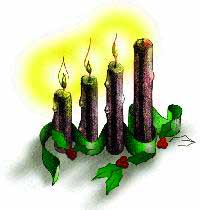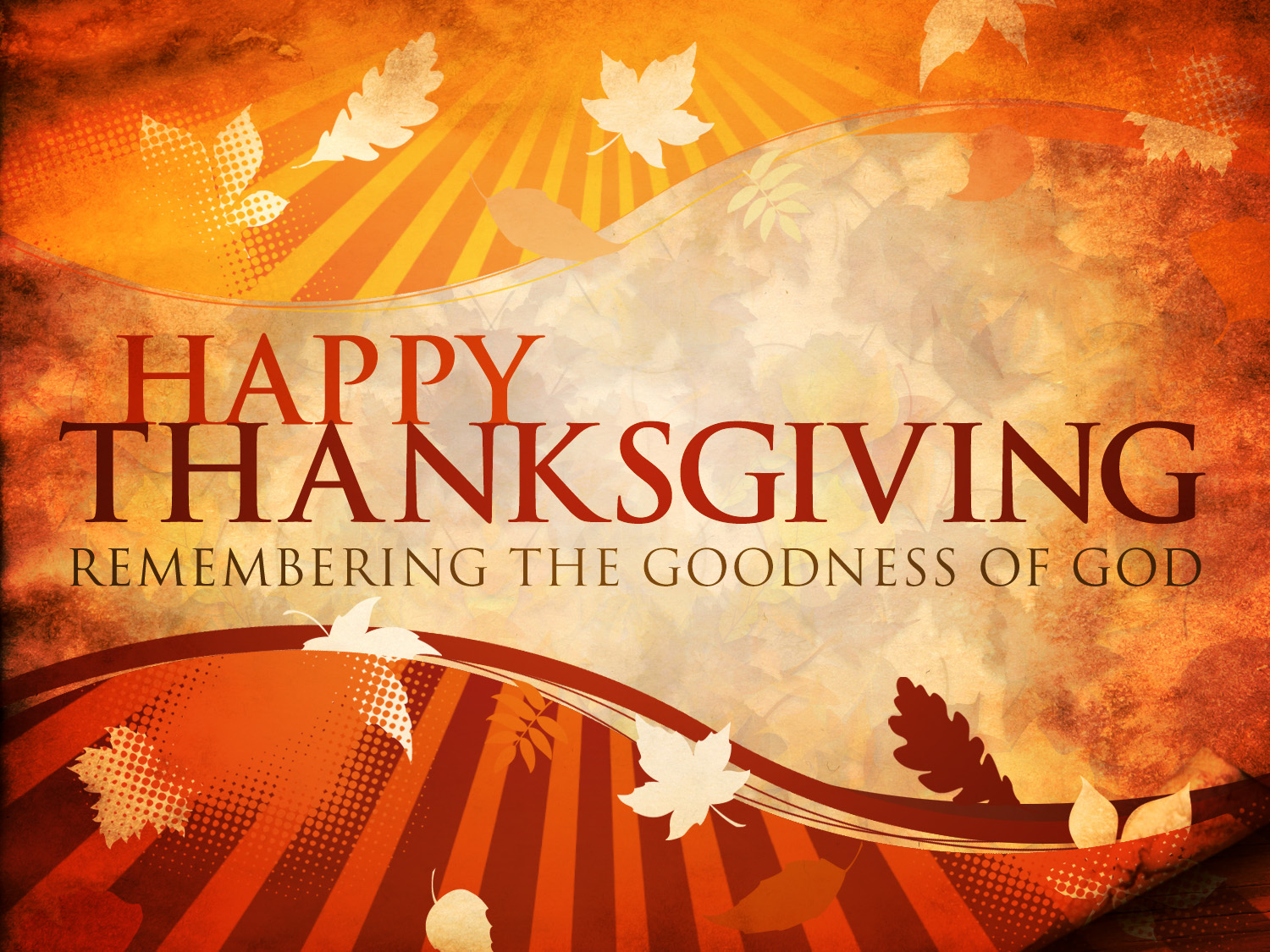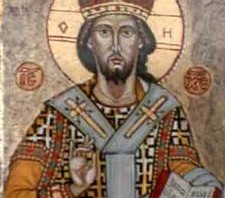Today’s readings
To you, I lift up my soul, O my God.
In you, I have trusted; let me not be put to shame.
Nor let my enemies exult over me;
and let none who hope in you be put to shame.
Those are the very first words in the Roman Missal’s Proper of Time. This is today’s proper entrance antiphon, and with these words, the Church begins the new Church year. We stand here on the precipice of something new: a new Church year, a new season of grace. We eagerly await God’s new creation, lifting up souls full of hope and expectation. We come to this place and time of worship to take refuge from the laughing enemies that pursue us into our corner of the world. And yet we wait for God on this first day of the year, keenly aware that our waiting will not be unrewarded. This is Advent, the season whose name means “coming” and stands before us as a metaphor of hope for a darkened world, and a people darkened by sin.
When we’re praying through Advent, perhaps we feel a sense of longing. We do long for that newness. This time of year, we long for warmer days. In the news lately, we long for peace in the world and even in cities and communities. Perhaps we long for peace in our families. As a community of faith, we long for the One who alone can bring the real, lasting peace that makes a difference in our lives and in our world. We long for the promised Savior who will bind up what is broken in us and lead us back to the God who made us for himself.
I sure think Isaiah had it right in today’s first reading, didn’t he? “Why do you let us wander, O Lord, from your ways,” he cries, “and harden our hearts so that we fear you not?” What a wonderful question for all of us – it’s a question that anyone who has struggled with a pattern of sin has inevitably asked the Lord at one time or another. He goes on to pray “Would that you might meet us doing right, and that we were mindful of you in our ways!” We so much want to break free of the chains of sin and sadness, and turn back to our God, but so often, we encounter so many obstacles along the way.
Whether it’s our own personal sin, which is certainly cause enough for sadness, or the sin in which we participate as a society, there’s a lot of darkness out there. Wars raging all over the world, abortions happening every day of the year, the poor going unfed and dying of starvation here and abroad. Why does God let all of this happen? A quick look at the news leads us to ask ourselves, what kind of people have we become? Why does God let us wander so far from his ways? Why doesn’t he just rend the heavens and come down and put a stop to all this nonsense?
There is only one answer to this quandary, and that’s what we celebrate in this season of anticipation. There has only ever been one answer. And that answer wasn’t just a band-aid God came up with on the fly because things had gone so far wrong. Salvation never was an afterthought. Jesus Christ’s coming into the world was always the plan.
I’ve been thinking about some of my favorite Advent hymns this week. One of my favorites is “O Come, Divine Messiah,” a seventeenth-century French carol translated into English in the late nineteenth century. It sings of a world in silent anticipation for the breaking of the bondage of sin that could only come in one possible way, and that is in the person of Jesus Christ:
O Christ, whom nations sigh for,
Whom priest and prophet long foretold,
Come break the captive fetters;
Redeem the long-lost fold.
Dear Savior haste;
Come, come to earth,
Dispel the night and show your face,
And bid us hail the dawn of grace.
O come, divine Messiah!
The world in silence waits the day
When hope shall sing its triumph,
And sadness flee away.
As we prepare to remember the first coming of our Savior into our world, we look forward with hope and eagerness for his second coming too. You’ll be able to hear that expressed in the Preface to the Eucharistic Prayer today. That second coming, for which we live in breathless anticipation, will finally break the captive fetters and put an end to sin and death forever. That is our only hope, our only salvation, really the only hope and salvation that we could ever possibly need.
All of this requires vigilance; we must be watchful, be alert, as Jesus instructs us in today’s Gospel. We want our God to meet us doing right. And so our task now is to wait, and to watch. Waiting requires patience: patience to enjoy the little God-moments that become incarnate to us in the everyday-ness of our lives. Patience to accept this sinful world as it is and not as we would have it, patience to know that, as Isaiah says, we are clay and God is the potter, and he’s not done creating, or re-creating the world just yet. And so we watch for signs of God’s goodness, alert to opportunities to grow in grace, with faith lived by people who are the work of God’s hands.
We wait and we watch knowing – convinced – that God will rend the heavens and come down to us again one day; that Christ will return in all his glory and gather us back to himself, perfecting us and allowing hope to sing its triumph so loud that all the universe can hear it, dispelling the night and putting sadness to flight once and for all. Be alert for that day.






You must be logged in to post a comment.